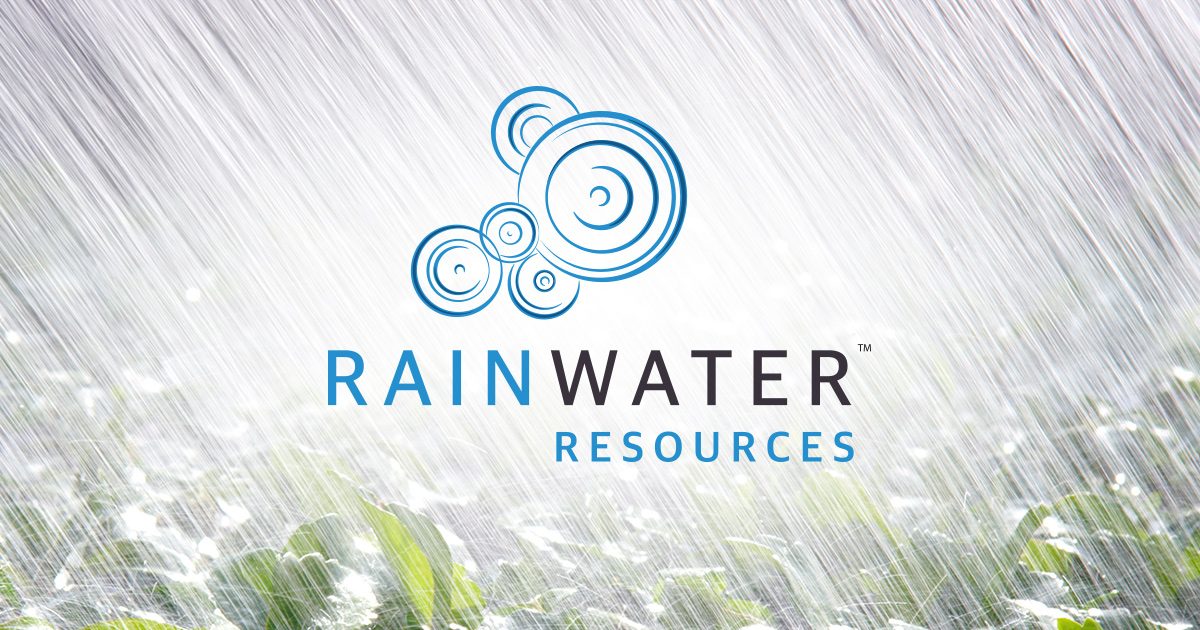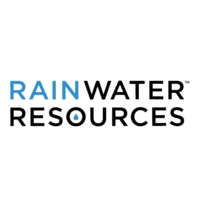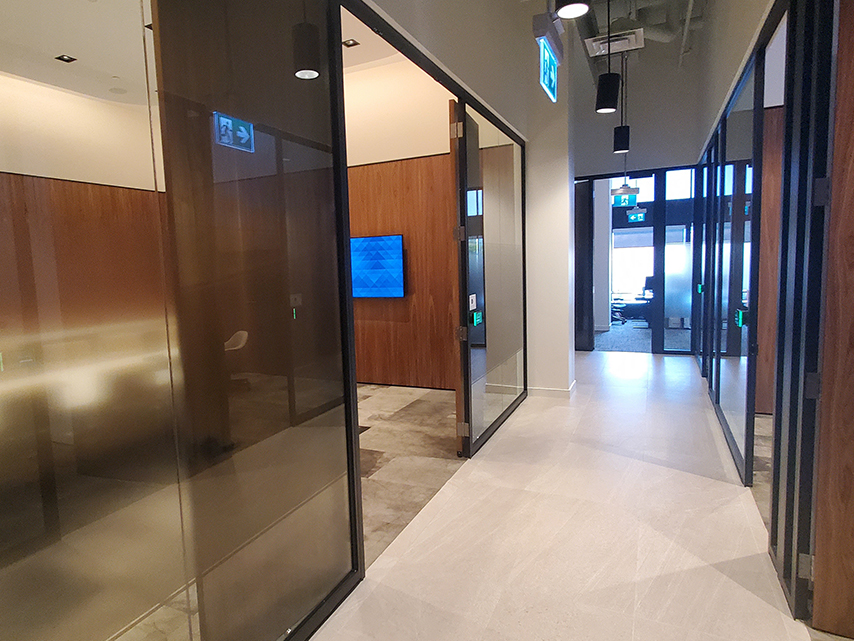All commercial buildings will find cost effective benefits in rainwater harvesting. Any building with a large square foot roof, and high demand for non-potable water, is a top priority candidate for rainwater harvesting.
In some commercial circumstances more than half of the water used each day can be replaced with rainwater. This amount includes flushing toilets, laundry, grounds maintenance, irrigation and vehicle washes. Where the majority of use is for industrial process or cooling water the savings would be even greater.
WHAT IS COMMERCIAL RAINWATER HARVESTING?
Commercial rainwater harvesting is the capture and storage of rooftop rainwater for retention for future use and/or detention for stormwater runoff compliance in commercial applications.
Rainwater harvesting is NOT:
- Reclaimed Water
- Reuse Water
- Recycled Water
- Gray Water
Rainwater is an asset for the company or property owner.
WHY COMMERCIAL RAINWATER HARVESTING?:
While rainwater can be used much like municipal water, there are other benefits to using rainwater outside od the fact that it is free and an owned asset of the location that it falls.
- In some circumstances, rainwater harvesting makes development permit worthy under EPA stormwater control requirements.
- U.S. groundwater resources have been declining and the cost of water is on the rise.
- Captured water is free for the taking
- Drought has become the continuing climate across the U.S. and development of commercial property has been inhibited, and management of what is built more difficult, as a result.
- Unlike groundwater, rainwater is not hard water. Absent chemicals and minerals prevent corrosion and scale on equipment and re-distribution systems.
- Rainwater is landscape friendly, free of salts and acids.
- Harvesting reduces run-off, a significant aspect of new stormwater management mandates (read more).
- Collection and reuse eliminate stress on public water sources, especially at peak demand.
- Using harvested rainwater can reduce water bills and may be eligible for tax incentives.
RAINWATER RESOURCES™
Our offerings are encouraged by the same regulators whose water-related concerns can complicate commercial real estate development. We solve problems, not contribute to them.
Rainwater harvesting is likely to be the least expensive component of new building construction. In our most simple applications, the system relies on gravity and the weather. As the number of square feet harvested ramps up, complications are avoided by adding appropriate controls, backup systems, and risk reduction components. None of this is untried. The asset of rainwater harvesting is undemanding, reliable in the extreme and produces savings every time it rains.








